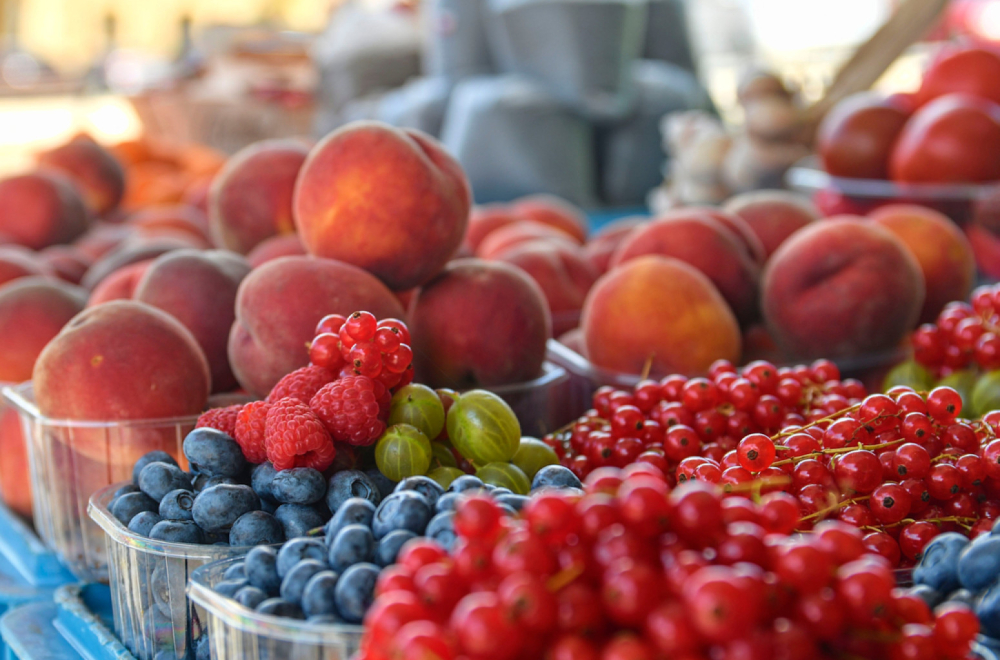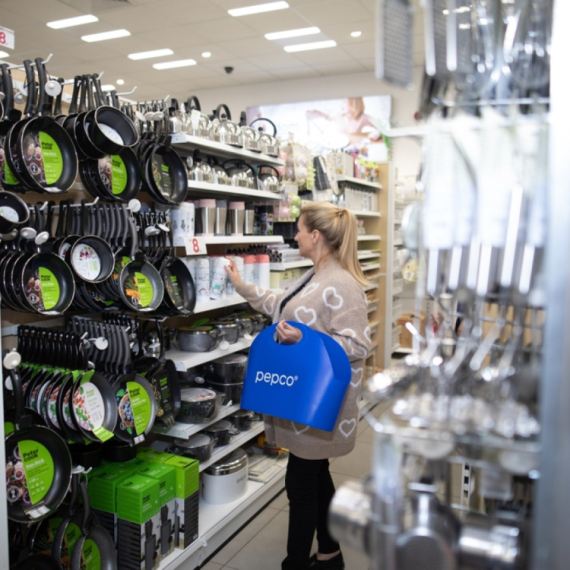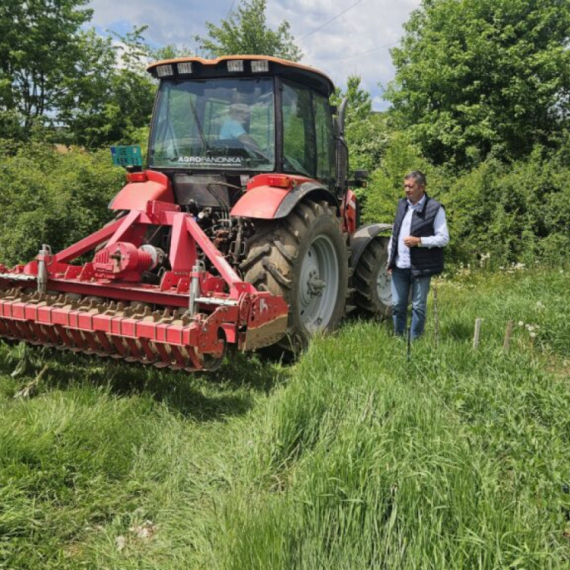Adverse weather conditions, frost, and production problems have led to a reduced supply of fruit in Serbia, resulting in high fruit prices this spring. Strawberries, cherries, apricots, and raspberries have been particularly affected, with significant yield drops and quality issues. Import and re-export of fruit with pesticide and control problems further complicate the situation. Producers are demotivated, and the government should find ways to support production. The use of pesticides and import of plant protection products are monitored, but complete consumption data is unavailable. All these circumstances contribute to high fruit prices and challenge the sustainability of fruit production in Serbia.
Political Perspectives:
Left: Left-leaning sources emphasize the impact of climate change and inadequate government support for farmers, highlighting the struggles of small producers and the need for stronger state intervention to stabilize prices and support sustainable agriculture.
Center: Center-leaning sources focus on the balance of supply and demand, the effects of weather conditions on production, and the role of imports and exports in the fruit market. They stress the importance of regulatory oversight on pesticide use and market transparency.
Right: Right-leaning sources highlight the inefficiencies in agricultural production, the lack of incentives for producers, and the need for market-driven solutions. They may also emphasize the role of imports and the importance of reducing state intervention to encourage competitiveness.






























